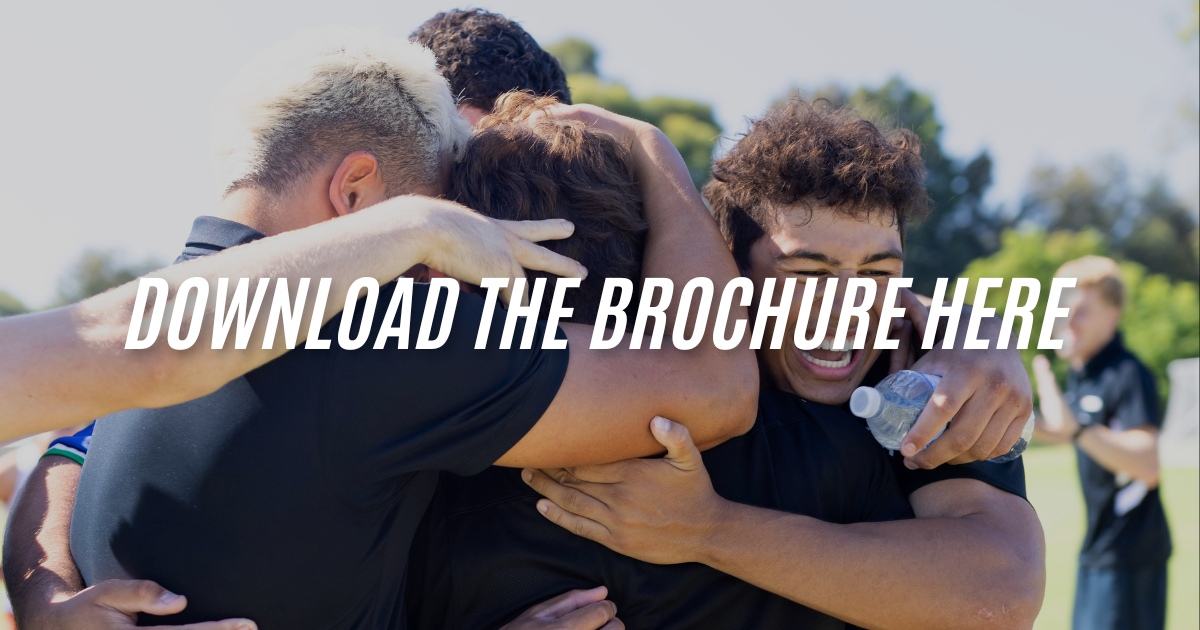Studying a degree is a big commitment in many ways, not least financially. You will need to consider tuition fees, living costs and other expenses such as transport, textbooks, food and accommodation. The main expense will be tuition fees. Students studying a Bachelor course pay tuition fees on a trimester basis. Tuition fees are not payable during industry training trimesters unless part-time study has been arranged and students may be paid during industry training trimesters. You must complete all prerequisite subjects before starting your industry training. Similarly, postgraduate students pay tuition fees on a semester basis and tuition fees are not payable during the semester that you complete your industry training research project unless part-time study has been arranged. Provided below is our tuition fee information for new students:
| 2025 Tuition Fees – Subjects |
| Subject |
Domestic Students |
International Students |
| Sports Management |
$3,530 |
$4,270 |
| Business |
$3,530 |
$4,270 |
| High Performance I |
$2,860 |
$3,590 |
| High Performance II |
$2,860 |
$3,590 |
| High Performance III |
$2,860 |
$3,590 |
| 2025 Tuition Fees – Trimesters |
| Domestic Students |
|
International Students |
| Trimester |
Fees |
Components |
|
Trimester |
Fees |
Components |
| 1 |
$9,920 |
2 core subjects + 1 High-Performance subject |
|
1 |
$12,130 |
2 core subjects + 1 High-Performance subject |
| 2 |
$9,920 |
2 core subjects + 1 High-Performance subject |
|
2 |
$12,130 |
2 core subjects + 1 High-Performance subject |
| 3 |
$9,920 |
2 core subjects + 1 High-Performance subject |
|
3 |
$12,130 |
2 core subjects + 1 High-Performance subject |
| 4 |
No fee |
Industry Training |
|
4 |
No fee |
Industry Training |
| Total |
$29,760 |
|
|
Total |
$36,390 |
|
| 2026 Tuition Fees – Subjects |
| Subject |
Domestic Students |
International Students |
| Sports Management |
$3,650 |
$4,400 |
| Business |
$3,650 |
$4,400 |
| High Performance I |
$2,930 |
$3,700 |
| High Performance II |
$2,930 |
$3,700 |
| High Performance III |
$2,930 |
$3,700 |
| 2026 Tuition Fees – Trimesters |
| Domestic Students |
|
International Students |
| Trimester |
Fees |
Components |
|
Trimester |
Fees |
Components |
| 1 |
$10,230 |
2 core subjects + 1 High-Performance subject |
|
1 |
$12,500 |
2 core subjects + 1 High-Performance subject |
| 2 |
$10,230 |
2 core subjects + 1 High-Performance subject |
|
2 |
$12,500 |
2 core subjects + 1 High-Performance subject |
| 3 |
$10,230 |
2 core subjects + 1 High-Performance subject |
|
3 |
$12,500 |
2 core subjects + 1 High-Performance subject |
| 4 |
No fee |
Industry Training |
|
4 |
No fee |
Industry Training |
| Total |
$30,690 |
|
|
Total |
$37,500 |
|
Income Support from Centrelink
Domestic students may be eligible for student income support through Centrelink. Student income support is paid fortnightly to students on a proven low income, who have been assessed as eligible by Centrelink.
If you believe you may be eligible, please visit Centrelink for further details.


